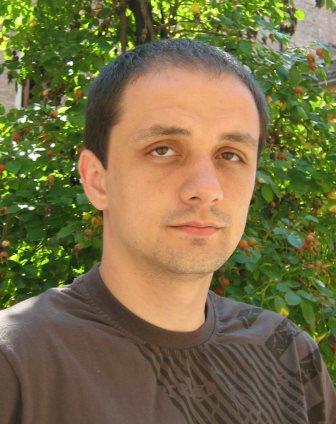Logic and the Theory of Relativity Alfréd Rényi Institute of Mathematics, There are several reasons why both special and general relativity theories are interesting from the point of view of logic. For example, both theories contain many surprising predictions and interesting concepts (such as the Twin Paradox, curved space and time, etc.). Also general relativity predicts self-referential situations (possibility of time travel) in spacetimes as Gödel's rotating universe. These predictions, concepts and models clearly deserve some deep logical investigation and understanding. That is why our research school lead by Hajnal Andréka and István Németi aims to develop a logic based foundation for relativity theories. Among other we aim to axiomatize relativity theories using simple, comprehensible and transparent basic assumptions (axioms); and to prove all the surprising predictions (theorems) of relativity theories using a minimal number of convincing axioms. However, we are not aiming to have one axiom system, but we are building a whole net-like hierarchy of axiom systems and logical connections between them. And we not only axiomatize relativity theories, but also analyze their logical and conceptual structures. Some of the questions we study to invstigate relativity theories are:
A novelty in our approach is that we try to keep the transition from special relativity to general relativity logically transparent and illuminating. We are going to "derive" the axioms of general relativity from those of special relativity in two natural steps. First we extend special relativity of inertial observers to a theory of accelerated observers. Then we eliminate the difference between inertial and noninertial observers in the level of axioms. Among others, logical analysis makes relativity theory modular: we can replace some axioms with other ones, and our logical machinery ensures that we can continue working in the modified theory. This modularity might come handy, e.g., when we want to extend general relativity and quantum theory to a unified theory of quantum gravity.
|
Bibliography
H. Andréka, J. X. Madarász and I. Németi, “Logic of spacetime and relativity,” in M. Aiello, I. Pratt-Hartmann and J. van Benthem (eds.) Handbook of Spatial Logics, Springer Verlag, pp.607-711 (2007) doi:10.1007/978-1-4020-5587-4_11 H. Andréka, J. X. Madarász, I. Németi and G. Székely, “A logic road from special relativity to general relativity,” Synthese 186(3): pp.633-469 (2012) doi:10.1007/s11229-011-9914-8 H. Andréka, J. X. Madarász, I. Németi, M. Stannett and G. Székely, “Faster than light motion does not imply time travel,” Classical and Quantum Gravity, 31(9): 095005 (2014) doi:10.1088/0264-9381/31/9/095005 | ||||
